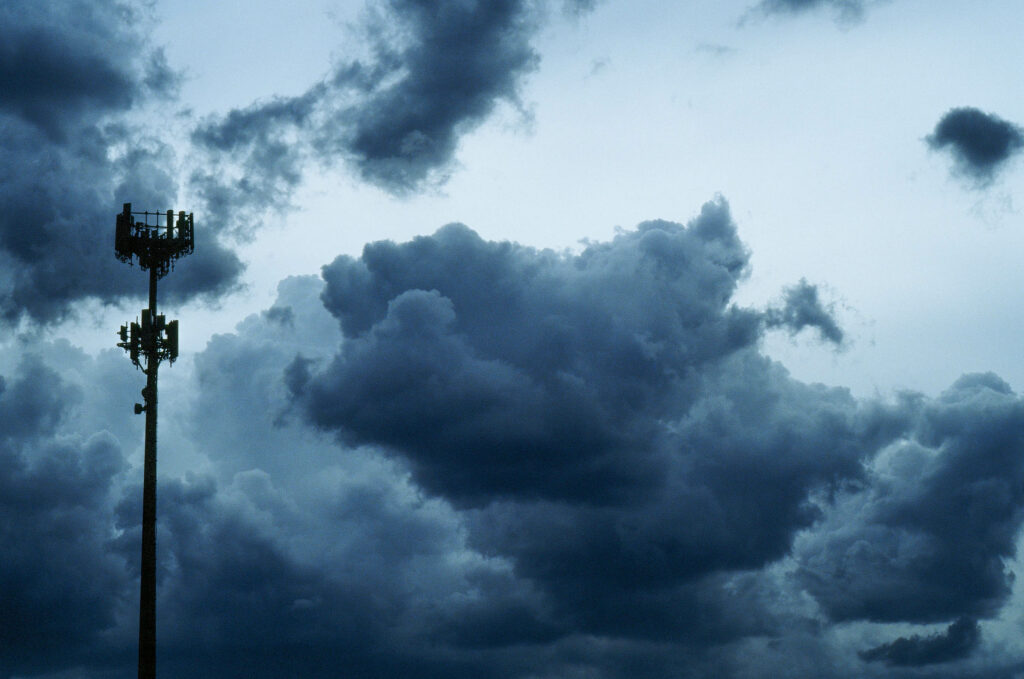Critical Infrastructure Resilience
As the calendar turns to another hurricane season, the importance of preparedness cannot be emphasized enough. With the increasing frequency and intensity of storms in recent years, it has become crucial for communities and service providers to have contingency plans in place to ensure uninterrupted communication during and after severe weather events. One critical aspect of this preparedness is the provision of backup power to wireless cell sites, which play a vital role in maintaining connectivity when it is needed the most.The Growing Threat of Hurricane Season
Hurricanes, cyclones, and tropical storms are natural phenomena that can wreak havoc on communities. The Atlantic hurricane season, in particular, poses a significant threat to coastal regions of North America, the Caribbean, and Central America. Over the past decade, we have witnessed numerous catastrophic events, including Hurricane Maria in 2017 and Hurricane Dorian in 2019, which left millions without power and communication for extended periods.The Importance of Wireless Cell Sites
Wireless cell sites are the backbone of our modern communication infrastructure. They enable us to make phone calls, send text messages, access the internet, and connect with emergency services during times of crisis. These sites rely on a constant supply of electricity to function optimally. Unfortunately, power outages are a common consequence of severe weather events, and without backup power solutions, cell sites can quickly become non-operational, exacerbating the challenges faced by affected communities.Benefits of Backup Power for Wireless Cell Sites
- Emergency Communication: During and after a hurricane, communication becomes a lifeline. Backup power systems, such as generators or battery backups, ensure that cell sites remain operational, enabling individuals to reach out for help, receive emergency alerts, and stay connected with their loved ones.
- Coordination of Relief Efforts: Effective disaster response requires seamless coordination between emergency services, relief organizations, and affected communities. With backup power, cell sites can support the dissemination of critical information, the mobilization of resources, and the coordination of rescue and recovery efforts.
- Access to Essential Services: Wireless communication is not only vital for personal connections but also for accessing essential services. With backup power, individuals can stay informed about evacuation orders, find shelter locations, and receive updates on the availability of supplies, medical assistance, and other support services.
- Economic Continuity: In addition to the immediate concerns during a hurricane, maintaining connectivity is crucial for the long-term recovery of affected areas. Reliable communication facilitates business operations, supports economic recovery, and aids in reconnecting communities, thereby reducing the impact of the disaster on local economies.
Investing in Resilience
Given the increasing severity and frequency of hurricanes, investing in backup power solutions for wireless cell sites is a proactive step towards building resilience in our communities. Service providers, governments, and infrastructure stakeholders should collaborate to implement and maintain reliable backup power systems, ensuring that connectivity remains intact even in the face of severe weather conditions.Key Considerations
- Diverse Backup Power Solutions: Deploying a mix of backup power solutions, such as generators, fuel cells, solar panels, and battery systems, can provide redundancy and increase the resilience of wireless cell sites. A diversified approach minimizes the risk of a single point of failure and improves the chances of continuous operation.
- Regular Maintenance and Testing: Backup power systems must be regularly maintained, serviced, and tested to ensure their reliability when needed. Scheduled inspections, battery replacements, and generator upkeep are crucial to avoid any potential failures during critical moments.
- Collaboration and Information Sharing: Collaboration between service providers, emergency management agencies, and local authorities is paramount to effectively plan for and respond to hurricanes. Sharing information on backup power capabilities and coordinating response efforts ensures a more efficient and comprehensive approach to disaster management.
Cat5 Resources is the #1 backup power solutions provider to many wireless service providers across the Gulf Coast, Puerto Rico, and the USVI. If you’re interested in learning more about our Disaster Response Services and Backup Power Solutions, please contact us below!


